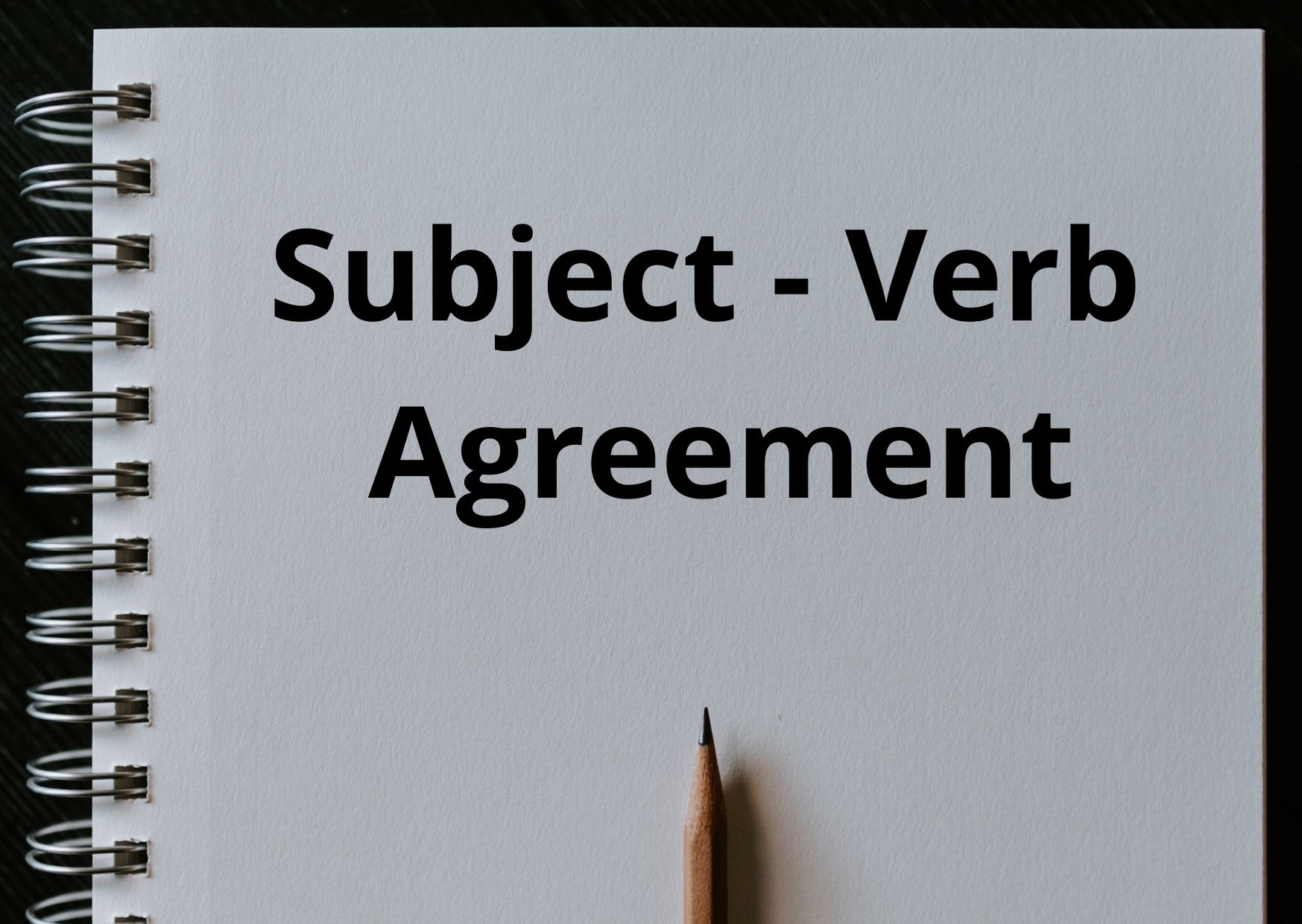Subject Verb Agreement
Are you sometimes wondering if you should use a singular verb or a plural verb with a certain noun or pronoun? Then Subject-verb agreement would help you in that.
Often it is quite obvious that whether a noun or pronoun takes a singular or a plural verb. However, there are nouns and pronouns that don’t make it so obvious. There are certain rules or agreements that need to be followed for them. It is referred to as Subject-verb agreement. Subject verb agreement relates to the number agreement (singular or plural) between the subject and the verb that follows it.
Example:
The boy plays all day.
The boys play all day.
NOTE:
There are two exceptions to subject-verb agreement.
- The agreement only applies to when the verb is in the present tense. In the past tense. There is no agreement between the subject and the verb.
Example:
The boy played all day.
The boys played all day.
- Agreement applies only to third-person subjects. There is no distinction between a first-person singular and plural subject.
Example:
I play all day.
We play all day.
Some basic rules in Subject-verb agreement
1. Uncountable nouns always take a singular verb. Some examples of uncountable nouns are information, knowledge, money, progress, equipment, furniture, etc.
Example:
The information is very relevant.
The furniture has been replaced.
2. Irregular plurals take plural verbs. Some examples of irregular plurals are people, children, men, women, teeth, mice, etc.
Example:
People are aware of this issue.
Children are playing in the garden.
3. When the subject of the sentence is composed of two or more nouns or pronouns connected by and we use a plural verb.
Example:
He and his friends are at the party.
The book and pen cost twenty rupees.
4. When two or more singular nouns or pronouns are connected by or nor, we use singular verb.
Example :
The salt or the pepper is on the table.
His friend or Neeraj runs every day.
5. Each, each one, everyone, everybody, either, neither, anybody, nobody, somebody, someone, and no one take singular verbs.
Example:
Either is correct.
Everyone likes him.
6. Nouns such civics, mathematics, rupees, news, etc take singular verbs.
Example:
One thousand rupees is a lot of money.
The news starts at nine.
7. Nouns such as scissors, trousers, shorts, etc take plural verbs.
Example:
These shorts are my favorite.
These scissors are sharp.
8. Collective nouns are the words that imply more than one person but are considered singular and take a singular verb.
Example:
My family is pretty close-knit.
The committee has prepared the agenda.
9. The relative pronouns take both singular and plural verbs depending on the words they are referring to.
Example:
Who are they?
Where is Nisha?
10. With, together with, including, accompanied by, in addition to, etc do not change the number of the subject. If the subject is plural use plural verb and if it is a singular use singular verb.
Example:
Rekha, together with her friends, is going to the party.
The boys, along with Rakesh, are going to the party.
Subject-verb agreement can get a little tricky. Try to create as many sentences as you can to get a hold of this topic. Solve practice sets for better understanding.


